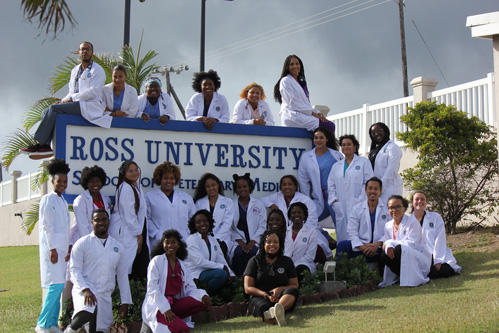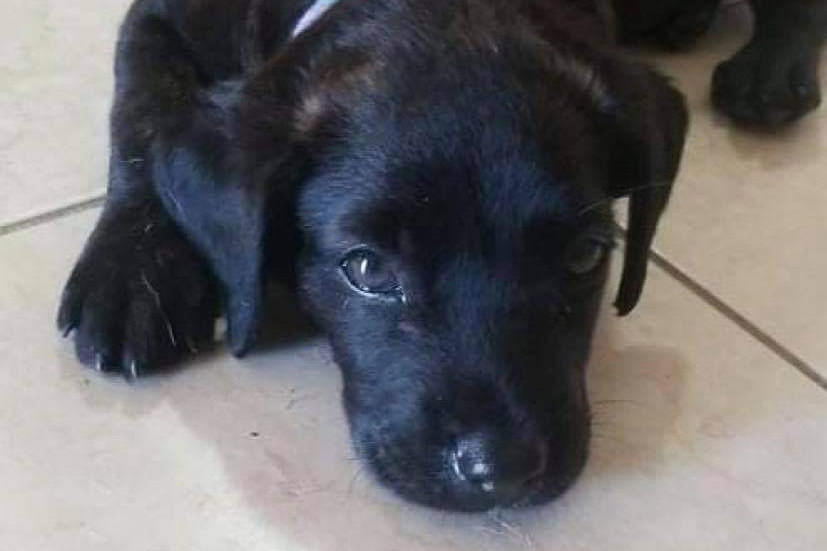Jennifer Clarke’s deep love for cows began while she worked on a dairy farm at Kansas State University. Thus, it was only natural for her to join the RUSVM American Association of Bovine Practitioners (AABP) club once coming to Ross Vet.
Since joining the club, Clarke has been working with farmers on the island of St. Kitts; something she continues to do despite the rigors of now being in her sixth semester. She has established herself as an asset to local farmers, and in any given day, she is the first phone call for many of them when their cattle show signs of distress or illness, or in the process of giving birth.
We caught up with her to learn more about all she’s doing as a student, in her club and as a volunteer.
What do you enjoy most about working with the AABP club on campus?
I enjoy all the cattle experience I am getting before leaving for clinicals, including all the palpation practice, the wet labs we provide for students, and all the opportunities to help local farmers and their cattle. I even got to artificially inseminate the RUSVM herd – I’ll be having a calf in January 2020.
What inspired you to go into the communities to help the farmers on island?
One of the farmers the club was affiliated with reached out to me looking for a little extra help treating his cows for Dermatophilosis (rain rot), and he spread the word about our help. I started getting more emails and phone calls asking if I could come help other farmers, and I was more than happy to help everyone.
Can you share how you help the farmers with their cattle?
I have helped with a few dystocia cases from local farmers. Dystocia in layman’s terms is a difficult parturition (birth); that is helping a cow during the birth experience for the first time or helping a calf that is in an abnormal position during delivery. Dystocia is definitely a topic for education with farmers, and I try to inform them of it as much as possible.
Can you share your best memory working with local farmers as you helped them care for their cattle?
One of the best experiences was with a farmer who almost lost his whole herd because they were affected by rain rot. When we visited his farm, we treated over 70 cattle, and we were able to save them.
How can local farmers better care for their cattle?
Mostly through being educated of illness or distress in cattle, and knowing the sources to contact to gain help sooner rather than later.






